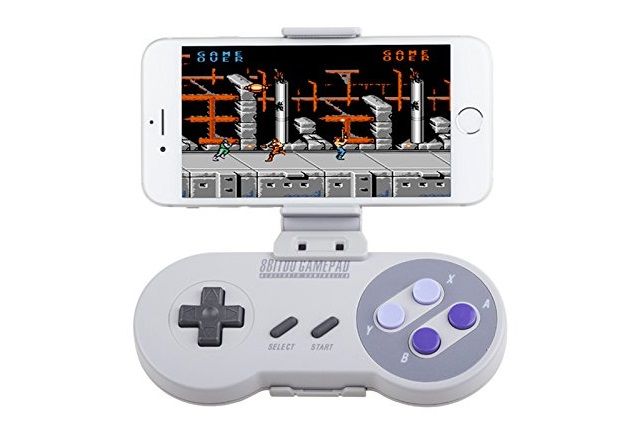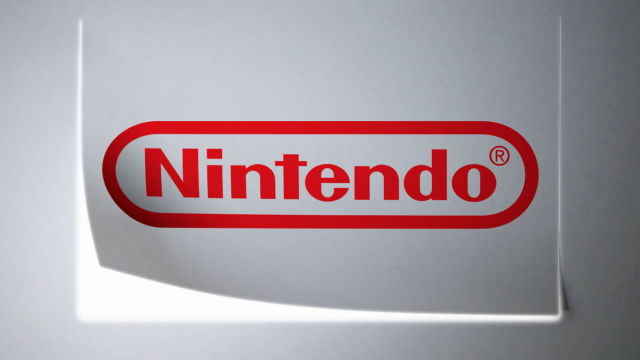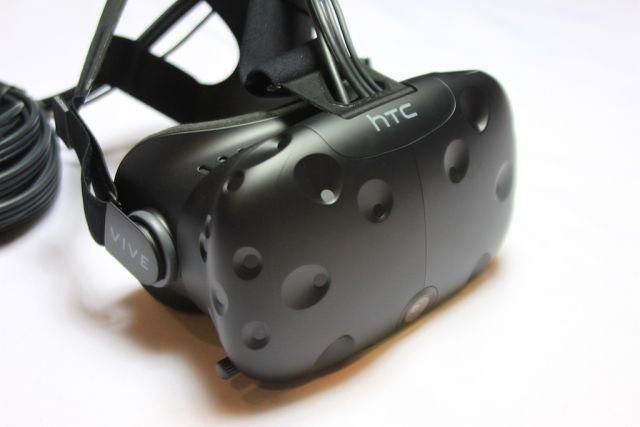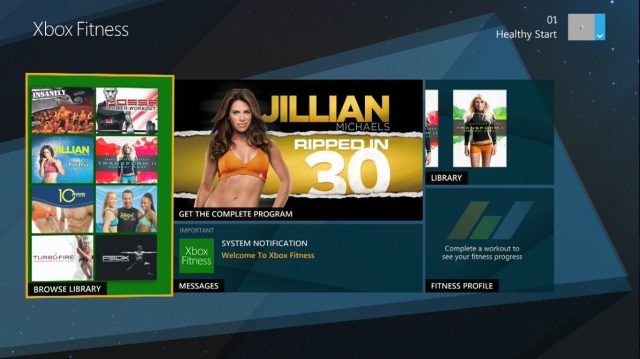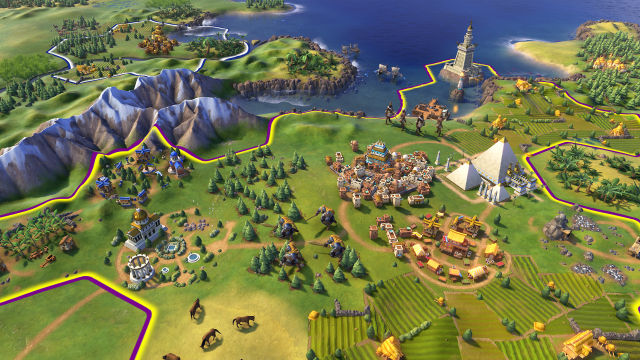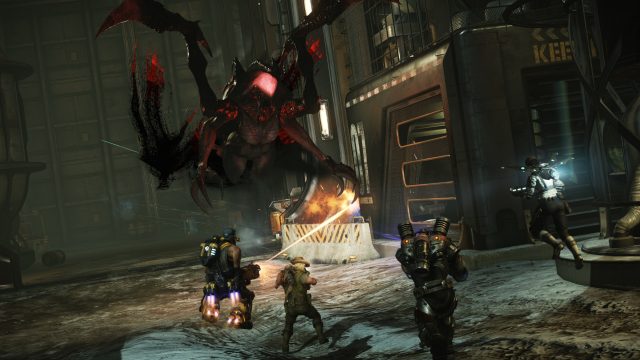
After struggling for over a year to make Evolve work as a traditional, paid title, the developers at Turtle Rock are making a radical shift to a free-to-play model with Evolve: Stage 2. The game is entering beta today on the PC and possibly coming to consoles in the future.
"Making Evolve free on PC is going to be a process that takes time and a lot of hard work, but we believe in Evolve and we believe in you, our players and want to do what’s best for both," Turtle Rock wrote in a blog post late last night.
So far, Turtle Rock hasn't announced how it plans to make money off the new, free version of Evolve. According to an extensive Turtle Rock interview with Game Informer, everything in the game will be unlockable via "silver keys" earned during play. As of now, those keys cannot be purchased for actual money.

